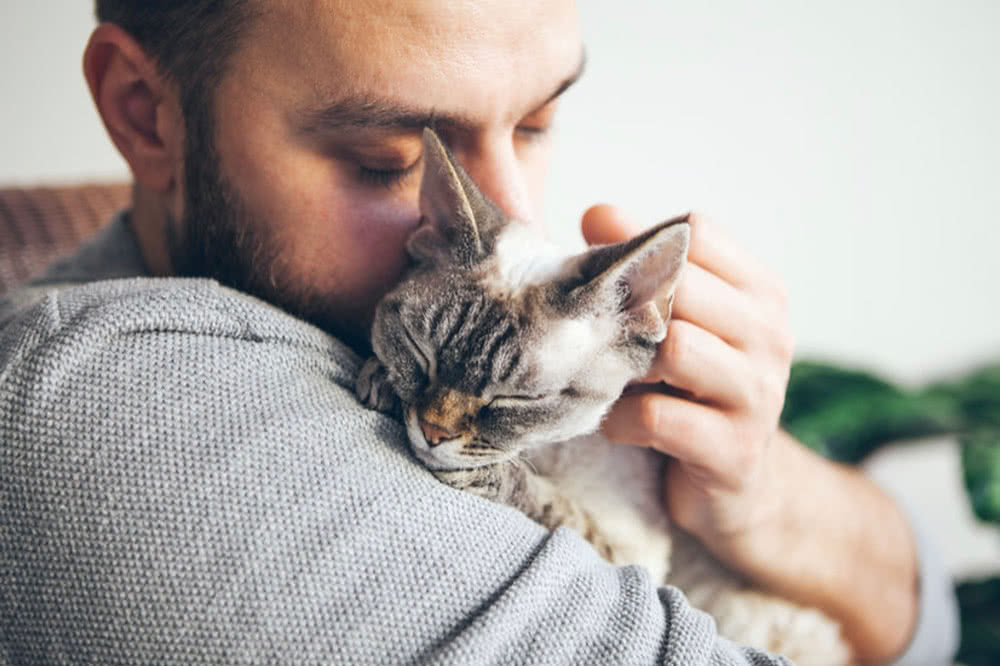Melissa Lukings, Associate
When it comes to the division of assets during a separation or divorce in Ontario, the emotional rollercoaster can be overwhelming. Amid the discussions about property, finances, and child custody, one issue that often causes heartbreak and confusion is the division of pets. In the eyes of the law, our beloved furry companions are seen as possessions rather than as the beloved family members that they are to us.
In this blog post, we aim to address the misconception that pets are to be treated the same as children in the eyes of the law, shedding light on the current legal perspective in Ontario. We will also explore the intersection of pets and domestic violence, highlighting the importance of protecting both humans and animals in abusive relationships.
We understand that pets hold a special place in our hearts, often considered beloved members of our family. They provide us with unconditional love, companionship, and emotional support. We bond with them, care for their well-being, and share our homes and (sometimes) beds with them. This deep emotional connection is why many people believe that pets should be treated as more than just our possessions; they are our furry children.

The Challenge of Pet Custody in the Law
However, when it comes to the legal aspects of separation or divorce in Ontario, pets are classified as personal property or possessions. This categorization may come as a shock to many who view their pets as akin to children. The law views pets as no different from cars, furniture, or other tangible assets, and this can have significant implications during property division proceedings.
When disputes arise over pet custody, they are not treated in the same was as child custody cases. Instead, the court typically considers factors like ownership records, who has primarily cared for the pet, and who purchased or adopted the pet. While the court aims to make decisions in the best interests of both parties involved, it does so with the understanding that pets are property.

Ensuring Custody of Your Beloved Pet
If you are in a cohabiting relationship and bring your cherished cat or dog (or other companion creature) into the union, there are streps you can take to enhance your chances of retaining possession of your pet in the event of a separation. While the law still considers pets to be property, there are ways to help establish a strong claim to their custody in the event of a separation or divorce:
- Ownership Documentation
Ensure that all documentation related to your pet, such as adoption papers, purchase receipts, and veterinary records, is in your name. This helps to establish clear ownership and responsibility for your pet.
- Microchipping
Get you pet microchipped (if applicable) with your name as the identified owner and contact person on the chip. Not only does this help to have your pet returned to you if they ever get lost, but it can also be helpful in establishing an ownership claim.
- Primary Caregiving
Be the primary caregiver for your pet. This includes responsibilities like feeding, grooming, taking them to the vet, and arranging for their exercise and socialization. Maintaining a record of these caregiving activities can be invaluable in demonstrating your commitment to your pet’s wellbeing.
- Financial Support
If you can demonstrate that you have been primarily responsible for covering your pet’s expenses, such as food, grooming, and veterinary bills, it can strengthen your claim to pet custody.
- Witnesses
You can encourage friends, family members, or neighbours who have witnessed your role as the primary caregiver to provide statement or testify on your behalf if necessary.
- Pet Custody Agreement
Consider drafting a pet custody agreement with your partner that outlines each person’s responsibilities and expectations regarding the pet. Although not legally binding, such an agreement can be a valuable reference point during any necessary proceedings.
- Alternative Dispute Resolution
In cases where you and your partner are on amicable terms, consider resolving pet custody disputes through alternative dispute resolution methods like mediation or negotiation. This can help you to avoid a lengthy and emotionally draining court battle.

Pets in Domestic Violence Situations
Unfortunately, pets can also become unwitting victims in domestic violence situations, further highlighting the complex relationship between the law and pet ownership. In many cases of abuse, the pet may be subjected to violence as a means for the abuser to maintain control over their human victim(s). Abusers may harm or threaten pets to instill fear and compliance in their partners. This sinister tactic not only inflicts pain on the defenseless animals but also emotionally torments the human victims who care deeply for their pets.

The intersection of domestic violence and pet abuse underscores the importance of recognizing the unique challenges faced by survivors who are also pet owners. In response to this issue, Ontario and other jurisdictions have begun to implement protective measures, such as including pets in restraining orders to ensure the safety of both the human victim and their beloved animals. While the law continues to evolve in recognizing the significance of pets in domestic violence situations, it is essential for survivors to seek help and support to ensure the safety and well-being of both themselves and their pets.
In the emotional landscape of a separation or divorce, for some people, the division of pets can be one of the most challenging and heart-wrenching aspects. Despite the undeniable emotional bonds that we share with our (usually) four-legged friends, it is crucial to remember that the law in Ontario sees them as possessions. While pets may be more like children than possessions to us, the legal system has not yet caught up with this perspective. If you find yourself in a situation where pet custody is a concern or if you are dealing with a domestic violence situation where your pet’s safety may be at risk, it is important to reach out to a lawyer who can help support you and your pets through this difficult journey. We are here to help.
If you would like more information or assistance with this type of issue, please reach out to Melissa Lukings or contact Lister Beaupré LLP directly by phone at 613-234-2500 or by email at info@listerlawyers.com.
Melissa Lukings
melissa@listerlawyers.com

